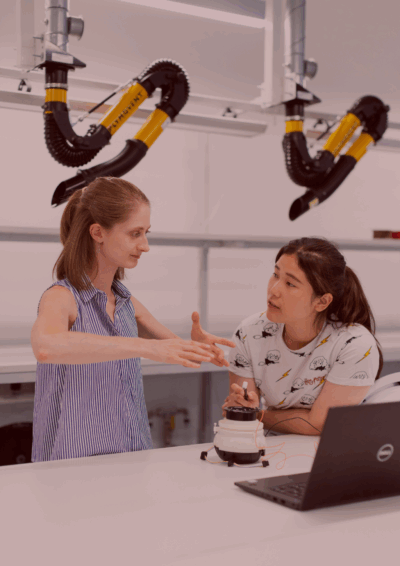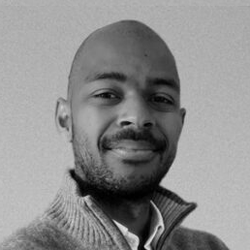Career Paths of Former META FAIR Researchers: A Laboratory That Nurtures an Ecosystem of Actors

Since 2015, the FAIR Paris laboratory has hosted more than 120 researchers and PhD students. In this note, Asterès analyses the career paths of former FAIR Paris members to assess the diffusion effect within the surrounding AI ecosystem. Among the PhD students who completed their theses by the end of 2024, 62% moved on to other parts of the ecosystem. Overall, 93% of all FAIR Paris alumni remain in France.
FAIR Paris is embedded in the academic and technological landscape through partnerships and a model close to academic institutions, with a strong emphasis on open science and open source. FAIR’s contributions include major tools such as Llama-1, DINOv2, and FAISS, all widely adopted in the AI research and engineering communities.
This note focuses specifically on FAIR’s impact on human capital. Asterès collected the career paths of 123 researchers and PhD students, relying exclusively on public data from LinkedIn and ResearchGate. The profiles were categorized by entry status, current employer, and geography. Of the 64 PhD students, 42 have completed their theses and 22 are ongoing. Among the PhD graduates, 62% now work outside FAIR or Meta.
A majority of alumni who left the lab joined key players in the Paris AI ecosystem, including Mistral AI (9 profiles), Google DeepMind Paris (6), and Kyutai (3). Others joined public research, AI startups such as WaveformAI and Nabla, or major tech firms like Apple and Microsoft.
While this study does not attempt to establish a direct causal link between time spent at FAIR Paris and subsequent ventures, the data confirms that FAIR contributes to the structuring of the AI talent pool in France. It fosters knowledge diffusion, talent mobility, and supports the development of Paris as a leading AI hub.
Études sur le même thème
La contribution du sonore à l’économie française : 43 Mds€ d’activité & plus de 140 000 emplois
 Voir l'étude
Voir l'étude
L’aérodynamisme des voitures : vers un gain annuel de 5 000 Tonnes de CO² et une valeur économique de 3 Mds€ par rapport aux véhicules électriques actuels
 Voir l'étude
Voir l'étude
Les trajectoires des chercheurs passés par META FAIR un laboratoire qui irrigue un écosystème d’acteurs
 Voir l'étude
Voir l'étude
La dépendance technologique aux softwares & cloud services américains : une estimation des conséquences économiques en Europe
 Voir l'étude
Voir l'étude


